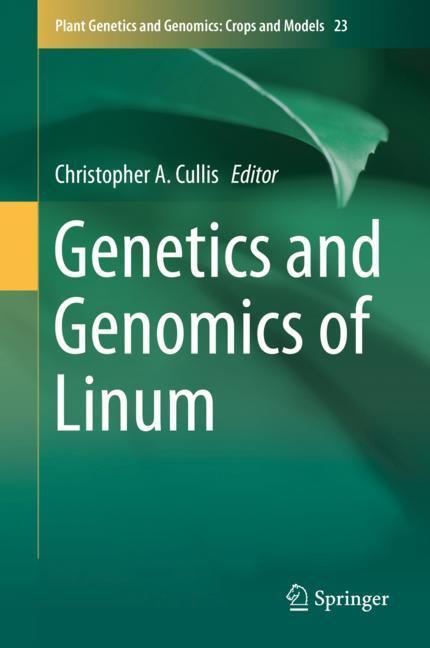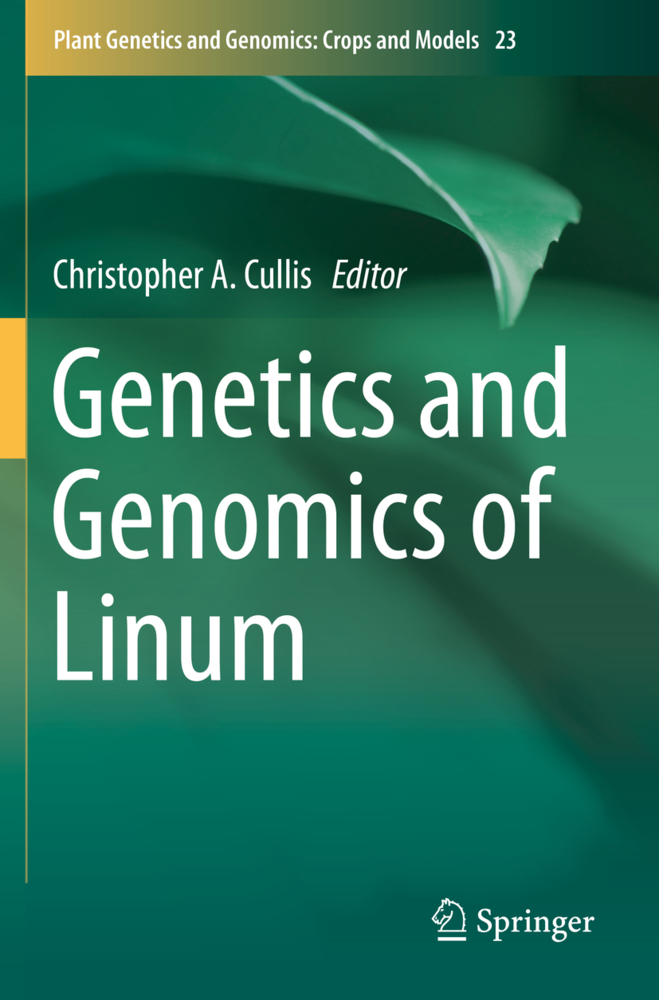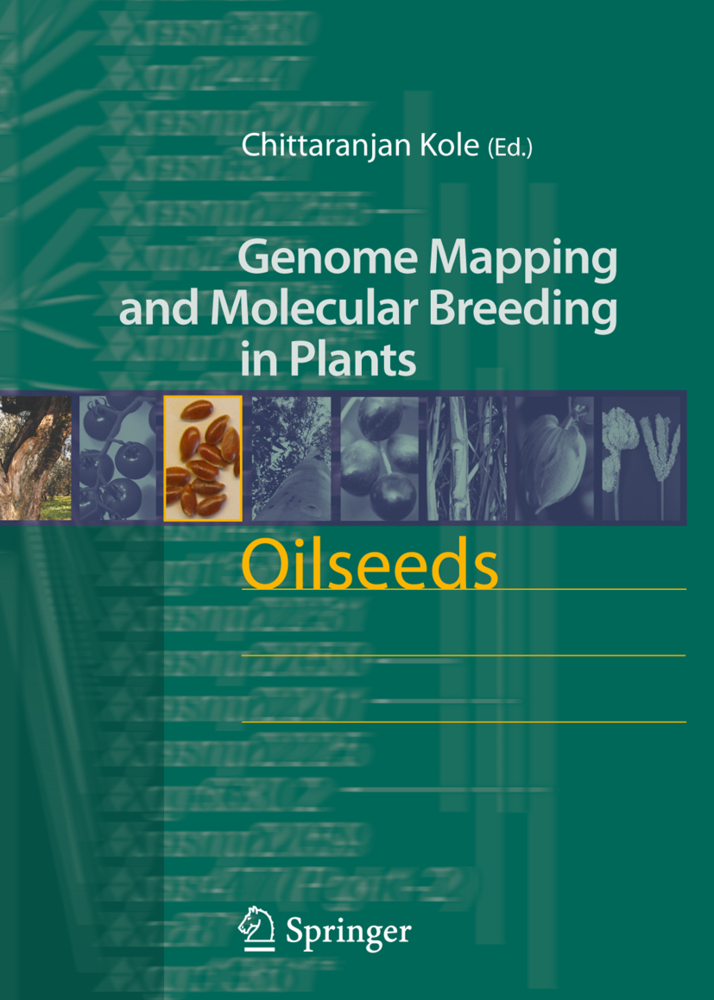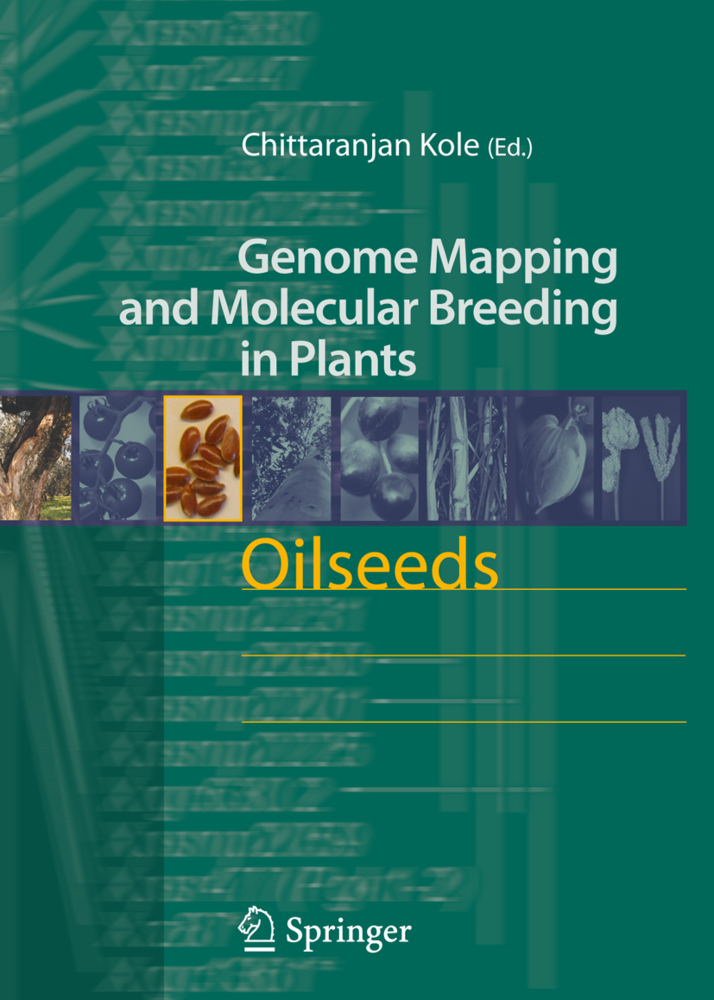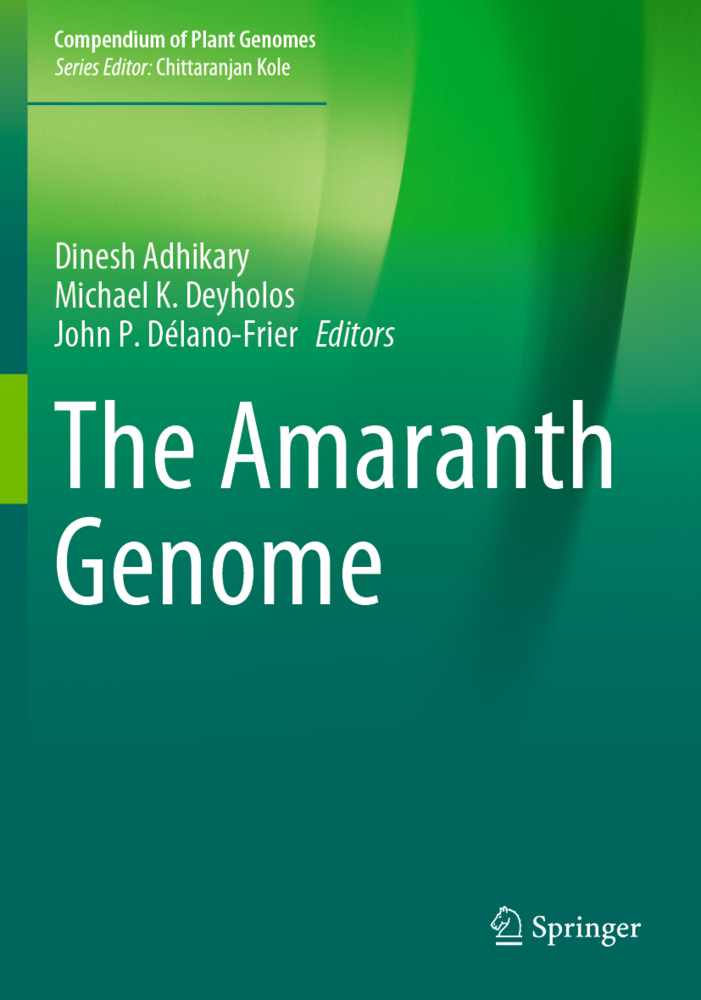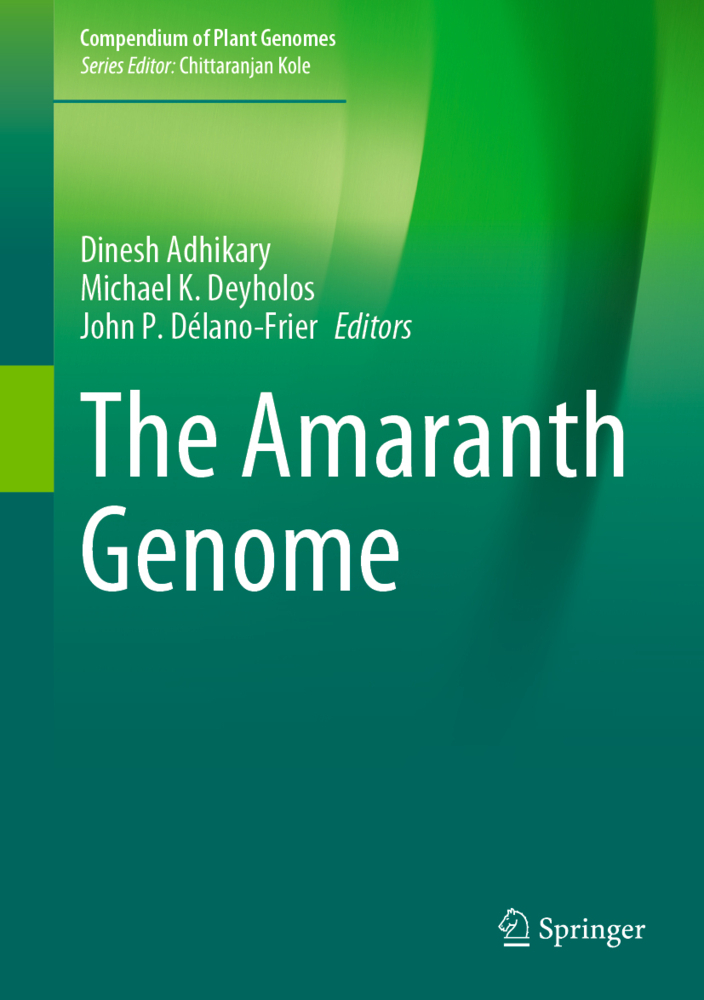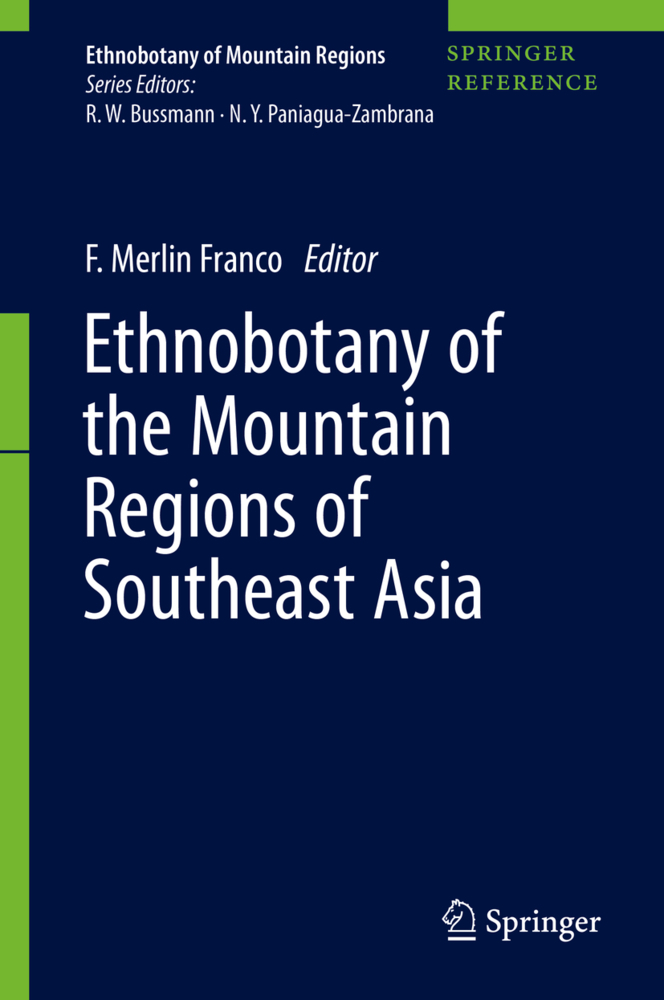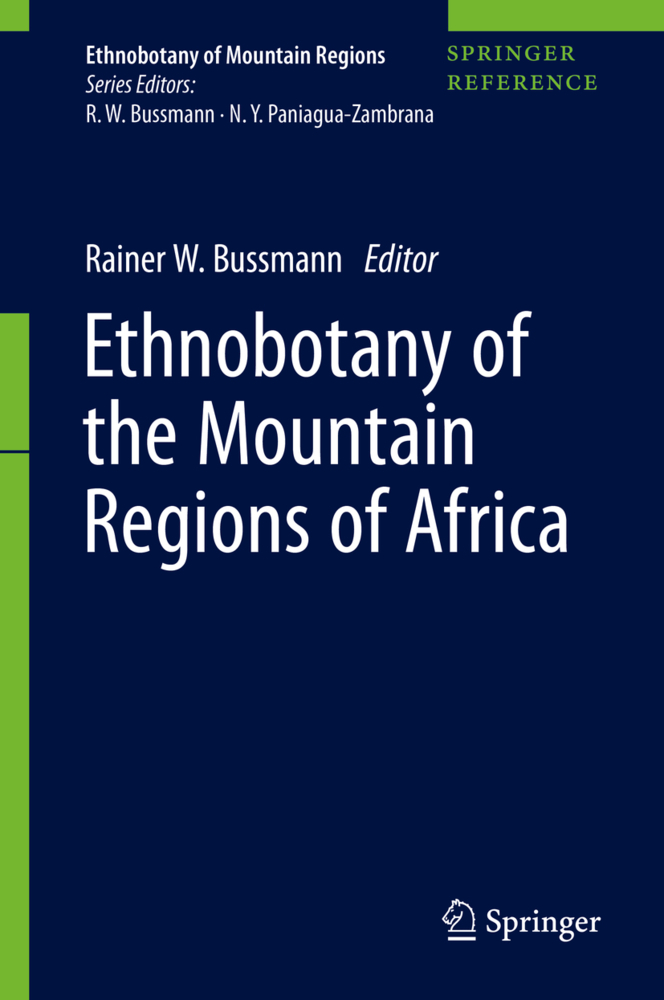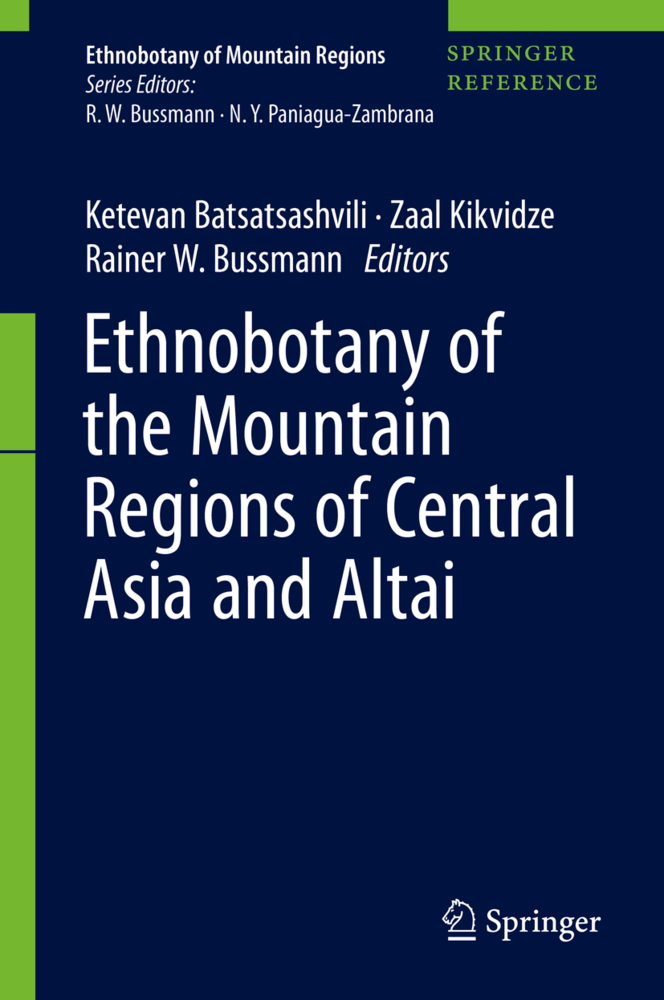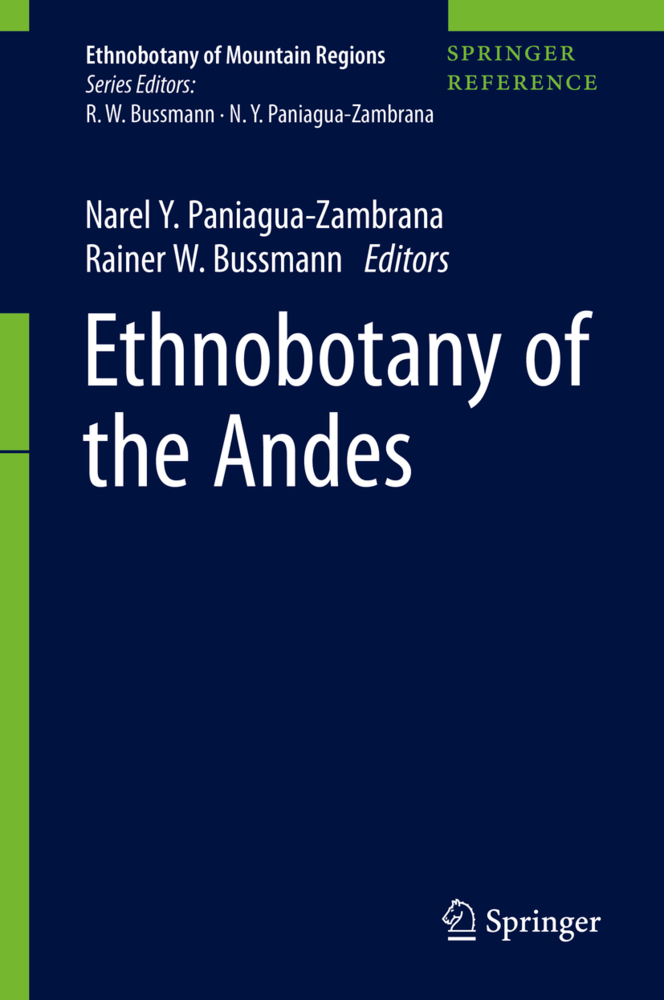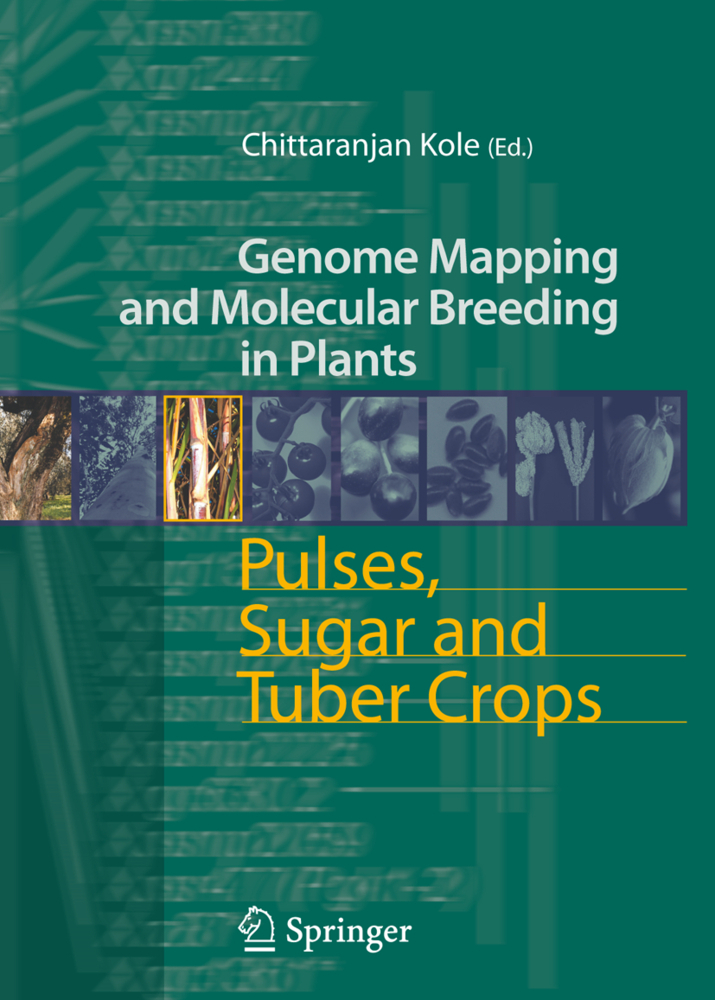Linum (flax) is a genus of about 200 species in the flowering plant family Linaceae. The genus includes common flax, which is one of the best fibers to produce linen, the seeds to produce linseed oil and has health-related properties of flax in human and animal nutrition.
This book describes the genetics and genomics of Linum including the development of extensive experimental resources (e.g. whole genome sequence, efficient transformation methods, insertional mutant collections, large germplasm collections, resequenced genomes) that have led much progress and its economic importance. The methods and use of Linum to address a wide range of applications (e.g. disease resistance, cell wall composition, abiotic stress tolerance, floral development, natural diversity) is also discussed.
Christopher Cullis is the Francis Hobart Professor of Biology at Case Western Reserve University. He received his BSc from the University of London as a student at the University College of Rhodesia, and MSc and PhD degrees from the University of East Anglia. He has previously worked as a scientist at the John Innes Institute and spent two years as a director of the Plant Genome Program at the National Science Foundation. His research interest is primarily on the flax genome and its variations. He has published 143 papers, one text book and edited three volumes. He has served as the editor for Research and Reports in Biology and on the editorial boards of Plant Molecular Biology Reporter, Technology Transfer and Entrepreneurship and the Source Journal of Genomics. He has been the recipient of Civil Service (Nuffield and Leverhulme) Traveling Fellowship and a Fulbright Scholarship.
Cullis, Christopher A.
| ISBN | 9783030239640 |
|---|---|
| Artikelnummer | 9783030239640 |
| Medientyp | E-Book - PDF |
| Copyrightjahr | 2019 |
| Verlag | Springer-Verlag |
| Umfang | 270 Seiten |
| Sprache | Englisch |
| Kopierschutz | Digitales Wasserzeichen |

